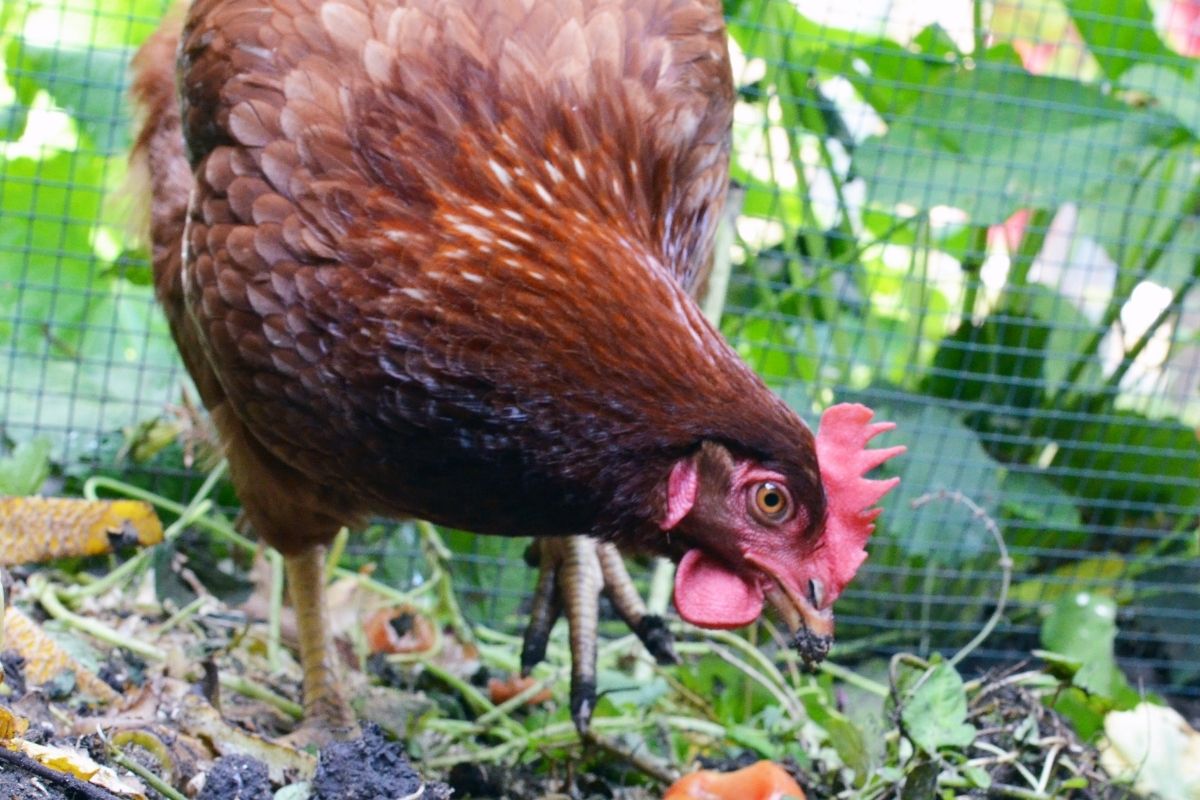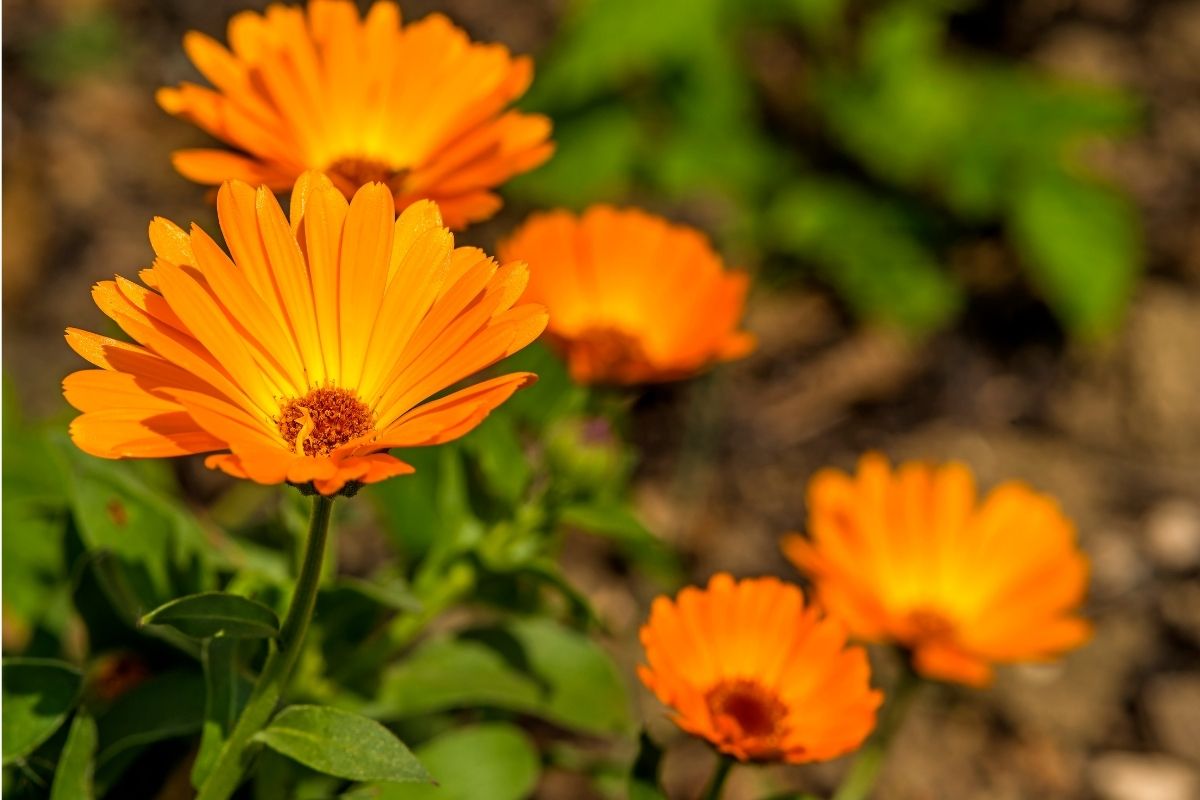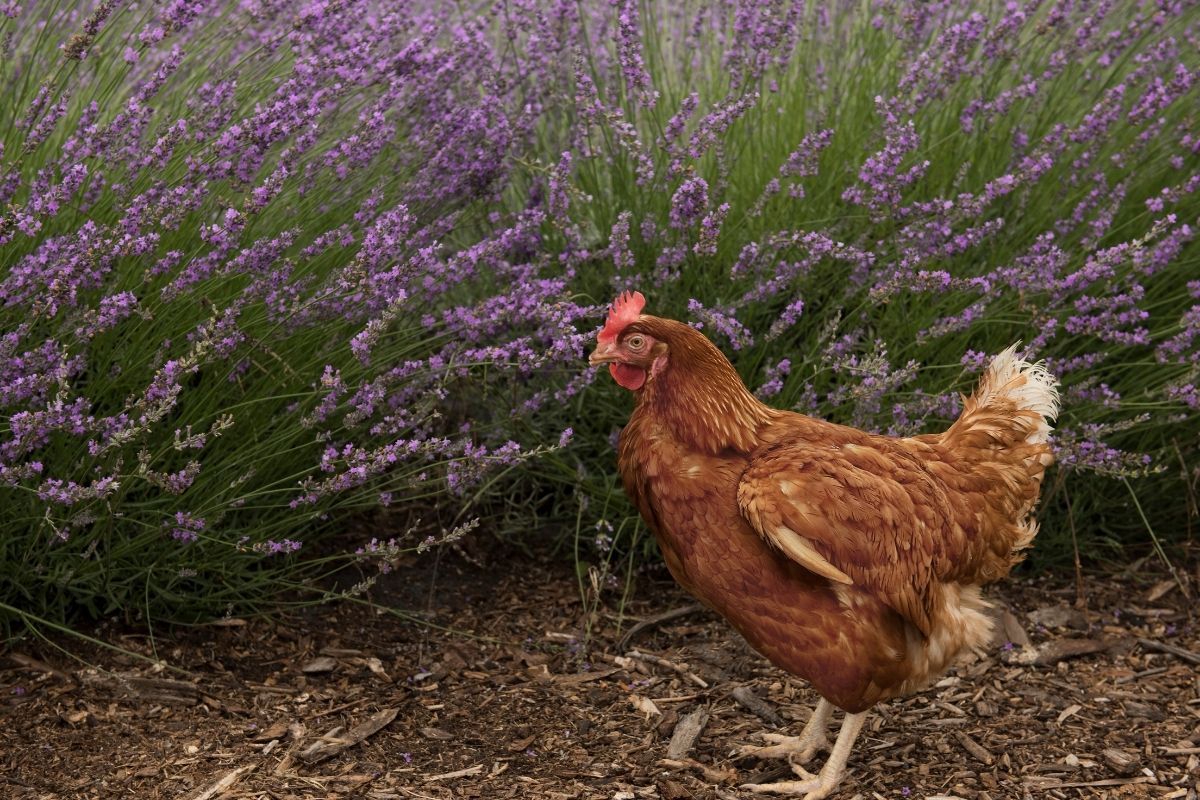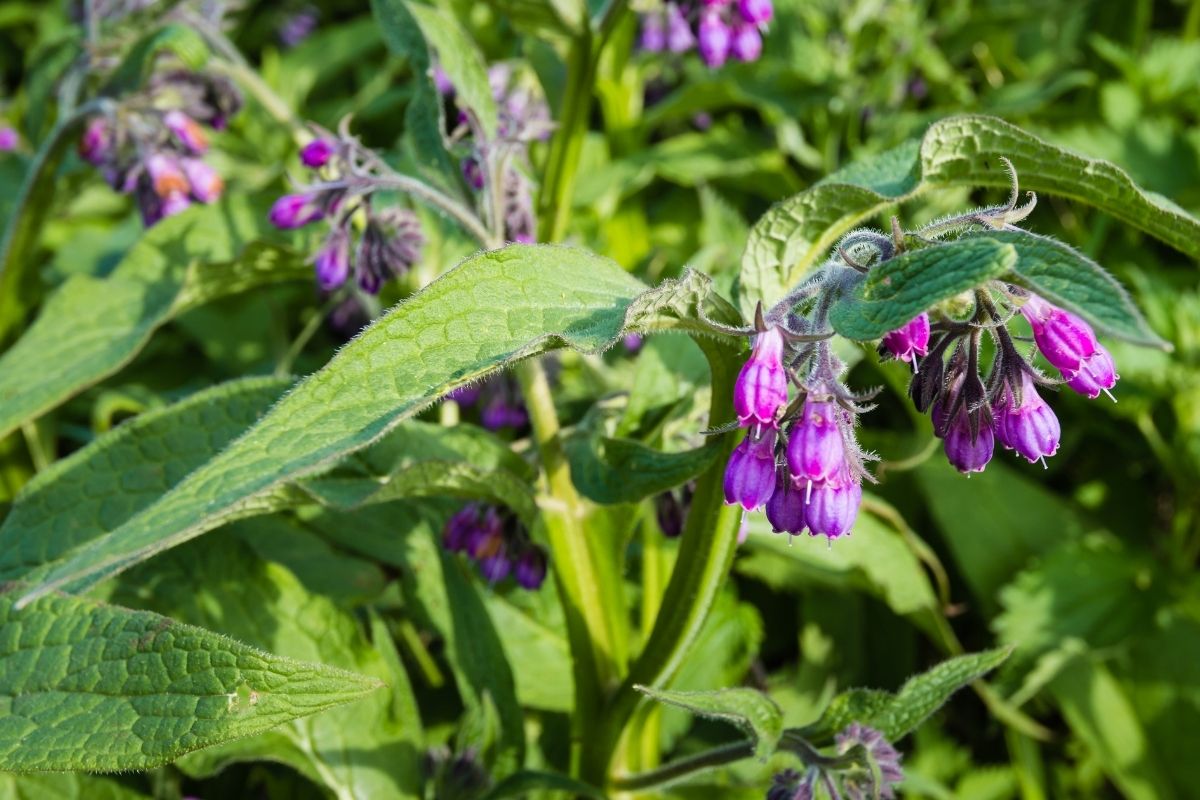Chickens are a natural addition to the home garden, providing eggs, hoovering up garden waste and pests and completing the nutrient cycle by providing nitrogen-rich manure. As with gardening, you can often get much more out of your efforts than you put in. Caring for your chooks and giving them what they need for a healthy life will reward you with more delicious fresh eggs and calmer, happier birds. As well as growing plants to supplement your chicken’s feed, you can also grow herbs and other plants for your chickens to help keep them healthy and productive.
How Variety Helps Your Chickens' Health
It's important to note that even the most productive garden won't meet the full dietary needs of your chickens. They'll still need plenty of high-quality feed to provide a base level of protein and all-round nutrition. Nonetheless, growing some specific plants and herbs for them can help in three main ways:
- Adding home grown plants to their diet can provide a different range of vitamins and minerals for healthier chooks that are better layers.
- Some herbs and veggies can work to reduce pest infestations, whether they're added to the feed or placed around the run as repellents.
- Increasing the variety in your chicken's diet simply enriches their lives, leading to happier chickens that are easier to care for.
Two Important Points to Consider
As with so many aspects of gardening, when it comes to medicinal plants for chickens there's plenty of folklore to go alongside solid scientific research. You've likely been told tips that other chicken owners swear by but which may not have much genuine evidence to back them up. For example, some sources say tomatoes are toxic to poultry, others say they're positively health-giving.
So when trying a new food or pest control treatment, it's important to go easy at first and use only small amounts of the new plant. Some chickens can have reactions to new foodstuffs, so moderation is key until you can see any positive or negative effects.
And on a more practical gardening note, it's important to choose the growing location of your plants carefully. Any chicken owner soon discovers how quickly their birds can lay waste to a growing plant, so either cultivate your chickens' treats conveniently near the run but safely out of reach, or grow them inside the run but in a cage that only allows pecking at the outer leaves.
Favourite Herbs and Plants to Grow for Your Chooks
Over time you'll start to draw up your own ideas about which plant and herb varieties your chickens prefer and which ones seem to give the most benefits for health and laying rates. Experimentation is all part of the fun. But to start off with, here are a few of the most popular choices and the benefits they're often said to provide.
1. Oregano, Parsley, and Sage
Oregano, parsley, and sage are three herbs that are quick and easy to grow, produce masses of leaves from each plant, and are just as useful for livening up a chicken's diet as a human's. They can be eaten fresh when in season, or larger harvests can be dried and added into the normal feed at a later time. And your chickens don't even need these herbs to be grown specifically for them: all of your prunings, pinched-out growing tips and kitchen scraps can be mixed in with the general feed to add variety.
All three herbs are highly nutritious and are thought to have antioxidant effects to boost your birds' immune systems. Oregano in particular has attracted attention from the poultry industry, with its reputed natural antibiotic and anti-parasitic effects being studied as a replacement for routine medication.
And lastly, sage is thought to help reduce the risks of salmonella infection (though you shouldn't rely completely on this property for egg and bird safety).
2. Thyme
Thyme is a much slower grower than many other herbs, so keep the plants well out of your chickens' reach if you want them to flourish. However, the woody sprigs make a great addition to nesting material, providing antibacterial and antibiotic properties to keep the coop fresh and repel insects.
3. Calendula
Calendula, also known as pot marigold, produces vivid orange flowers that are widely used as a natural colouring agent in human food. They can also have this colouring effect in a more indirect way. Add a small number of individual petals to your chickens' feed each time you top it up and it'll help them to develop richer yolks with a deeper colour.
4. Comfrey
Comfrey is a perennial herb known to improve soil quality. Because it is low in fibre and high in protein and nutrients, a few comfrey leaves are a good addition to your chicken’s diet. Comfrey contains allantoin, a compound used to treat dry and irritated skin, and it also has a reputation for enhancing egg yolk colour. Feed chickens fresh or dried leaves, or grow comfrey beside the coop where your chooks can reach the outer leaves without destroying the whole plant.
5. Mint
Flies and other insects are just as annoying for chickens as they are for people. Hanging a few bunches of fresh or dried mint around the run can drive away all kinds of flying insects, with the powerful aroma also thought to deter rodents.
Mint also has a second use as an additive to the birds' drinking water, producing a cooling effect that's particularly useful on hot summer days.
6. Lavender
Lavender is noted for its stress-relieving qualities in people, and many chicken owners observe similar effects in their birds. Once the herb has flowered, cut bunches of stems to hang fresh or dried around the coop, or add smaller amounts to the nesting material. The calming effects will keep your chickens happier, less quarrelsome and more productive. And what's more, the fragrance can also make the area around the coop a little less odorous for nearby humans, too.
7. Garlic
Garlic's antibacterial and anti-fungal properties are prized in traditional medicine, and the bulb is also thought to have benefits for the immune system, circulation and digestion. Try adding a single fresh clove to each litre of drinking water, being sure to replace both water and garlic after 48 hours to avoid it going rancid. Also, be sure to check that adding the garlic doesn't discourage the chickens from drinking: the unfamiliar smell may put them off at first, potentially leading to dehydration.
If the drinking water experiment isn't a success, try adding one crushed clove per week to the feed, bearing in mind that being too heavy-handed could start to affect the flavour of the eggs, for good or ill depending on your tastes.
And lastly, whenever you use garlic in the kitchen, reserve the skins and stalks then add them to your chooks' nesting boxes where they'll help to deter mites.
This is only a small sample of the variety of plants you could treat your chickens to. It's worth experimenting with anything you grow normally - checking first for potential avian toxicity - and you could find a new homegrown way to enrich your chooks' lives and your breakfast table alike.









